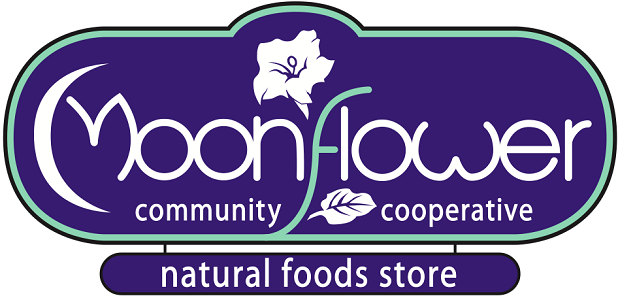Emily Stock, an herbalist and founder of Sundial Medicinals, concluded her fall herbalism series at Moonflower with a class covering forms of inflammation in the body.
Inflammation in the body presents differently depending on the source of inflammation. External inflammation from acute injuries to the skin, muscles, and tissues appears as redness, swelling, bruising, and pain. Preventing stagnation of the blood by using heat promotes healing, and topical herbs can alleviate the inflammation. Arnica montana, a plant in the Asteraceae family, can provide relief from bruising and swelling in the form of a topical salve. However, Arnica contains the toxic compound helenalin, which can be poisonous if the plant is consumed in large amounts. Some individuals may experience skin irritation upon contact with the plant. Homeopathic use of Arnica can also be beneficial. Calendula, comfrey, and plantain can also assist with healing superficial wounds. If the inflammation causes persistent pain, try jamaican dogwood, california poppy, and/or kava for natural pain relief. Emily cautioned class participants about the use of painkillers such as ibuprofen, aspirin, and tylenol due to their damaging effects on the liver and gastrointestinal tract.
Helpful therapies for treating inflammation related to injuries include structural integration, yoga, hydrotherapy, massage, and acupuncture. Structural integration refers to a form of bodywork which focuses on deep tissues and fascia by using subtle movements. Yin yoga also focuses on fascia and connective tissues and provides benefits for the spine. Yang yoga is a more active form of yoga which focuses on strength building, resistance, and accessing muscles not normally used in daily life. Hydrotherapy consists of alternating heat and cold in a way that ends with heat. The ends of the affected limb(s) are treated in order to promote blood flow throughout the limb(s). For example, hydrotherapy would include soaking the feet if injury has arisen in the knee.
For much of the class, Emily focused on systemic inflammation caused by stress, food allergies and intolerances, sleep deprivation, systemic dryness, and toxic overload. General anti-inflammatory herbs include turmeric and marshmallow root. Turmeric is also has drying effects, which can be mitigated by adding licorice root to the herbal preparation.
Crucial nutrients such as vitamin D, vitamin E, magnesium, and omega-3s can often be deficient in individuals experiencing systemic inflammation, so make sure to acquire these nutrients through a balanced diet or by using high-quality supplements. Seaweeds and bone broths can provide necessary minerals and trace minerals.
Hydration is another essential aspect of inflammation management. An individual’s body weight divided by two can provide the daily amount of water needed in ounces. However, drinking even more water can be helpful. Emily suggested drinking a couple of glasses of hot water in the morning to flush the system and promote healthy digestion. Additionally, a combination of magnesium and psyllium husk is an excellent evening blend to facilitate digestion for the morning.
Sleep deprivation significantly contributes to systemic inflammation. Resetting the sleep cycle consists of sleeping for 12 hours per night for three nights in a row followed by maintaining 9 hours of actual sleep per night (not including the time it takes to fall asleep). Some individuals may need a longer period of intensive rest to escape fatigue and inflammation caused by lack of sleep.
Food intolerances and allergies are often ignored, suppressed, or tolerated by individuals who experience them. In order to test for these, try a six week elimination diet, during which you remove all foods you suspect may be causing inflammation in the body. Pair the elimination diet with a gut healing regimen to repair the damage caused by these food intolerances and/or allergies. After six weeks, slowly reintroduce the targeted foods by eating them two to three times per day for a week. Typically, the symptoms of a food allergy, including sinus congestion, skin irritation, headaches, gas, and bloating, will present more clearly during this reintroduction. A daily food diary may accompanied with a journal of descriptions of mood, physical symptoms, and other health-related notes could help track which foods are causing inflammation.
Emily’s inflammation management class provided a wealth of knowledge and tactics for addressing both injury-related and systemic inflammation. Visit Moonflower and browse our assortment of supplements, tinctures, salves, and bulk herbs and teas. Also be sure to check out Emily’s newly redesigned website at https://sundialmedicinals.com/ or visit her apothecary in town located at 550 North Main St. on Wednesdays from 10am to 5pm.
